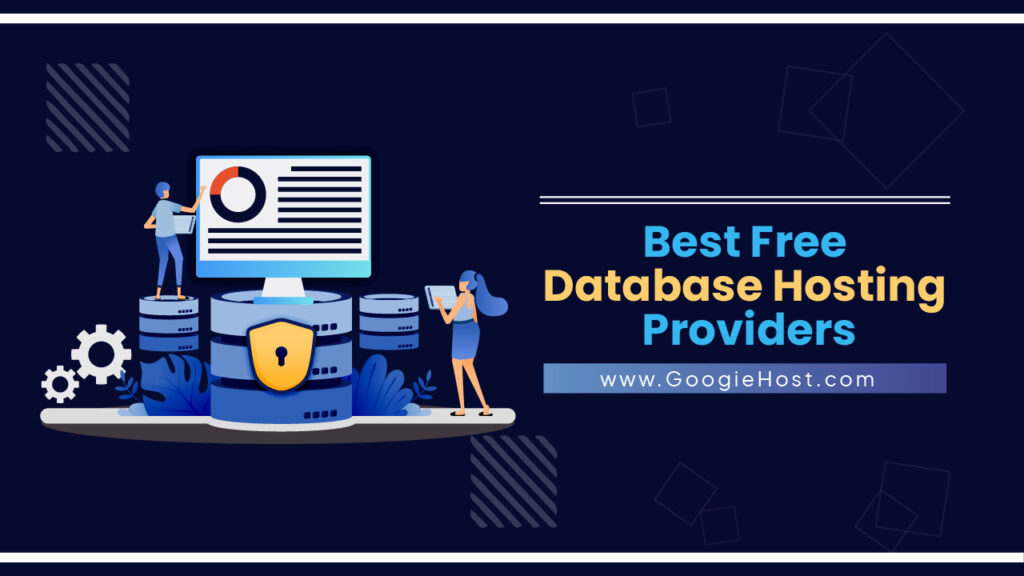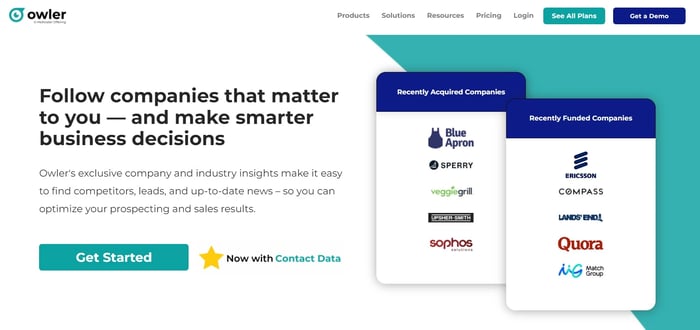Trick Features to Look for When Picking a Database Service Provider
Picking a data source provider is a crucial decision that can considerably affect your company's operations and data management strategy. Among the vital functions to think about are scalability choices, which guarantee that your system can adapt to growing demands.
Scalability Options
When picking a data source supplier, recognizing scalability choices is important to making sure that the selected service can accommodate future development. Scalability describes the capability of a database system to broaden its capability and efficiency in reaction to increased need. There are two main sorts of scalability: upright and horizontal.
Vertical scalability, or "scaling up," includes boosting a solitary web server's sources, such as CPU, RAM, or storage. This approach can be economical and straightforward for smaller sized applications however may get to a limitation where further upgrades are also costly or impractical.
Horizontal scalability, or "scaling out," entails adding extra servers to distribute the tons. This method permits higher adaptability and can fit significant boosts in data volume and customer web traffic (database provider). It is particularly beneficial for cloud-based data source solutions that can dynamically designate sources based on need

Safety And Security Measures

When reviewing protection actions, take into consideration the execution of file encryption procedures (database provider). Data-at-rest and data-in-transit security are necessary to make certain that delicate info remains protected, also in the occasion of a safety violation. In addition, try to find companies that provide solid verification systems, such as multi-factor authentication (MFA), to better improve access control
Normal safety audits and compliance with market standards, such as GDPR or HIPAA, are a measure of a supplier's commitment to information security. Furthermore, ask about their case action plan; a durable plan can lessen the impact of any kind of potential protection event.
Efficiency Metrics
Evaluating performance metrics is essential for organizations to make sure that their selected database service provider meets operational requirements. Key performance metrics include reaction throughput, scalability, and time, which jointly determine the efficiency of data source operations under varying tons.
Action time is essential, as it mirrors how swiftly the database can refine questions and return results. Organizations ought to search for metrics that indicate average action times during peak and off-peak hours. Throughput, frequently gauged in purchases per 2nd (TPS), gives understanding right into the data source's capacity to take care of high quantities of requests without performance destruction.
Scalability examines the database's ability to expand with the company's requirements. A robust database provider ought to demonstrate straight and upright scaling capabilities, enabling for smooth adjustments as demands vary. Additionally, recognizing latency, specifically in distributed systems, can assist companies evaluate the responsiveness of the data source across different geographical locations.
Client Assistance
Trustworthy customer support is a foundation of efficient data source monitoring, offering organizations with the aid needed to settle concerns and optimize efficiency. When picking a data source company, reviewing the level of client support they provide is essential. A robust assistance system ought to include numerous channels of interaction, such as phone, email, and live conversation, ensuring that individuals can access help whenever they require it.
In addition, receptive support groups that are offered 24/7 considerably enhance the integrity of the database solution. Prompt reaction times and efficient resolution of problems can considerably reduce downtime and boost general performance. It is additionally helpful to take into consideration the schedule of dedicated support employees, who can offer customized help based upon an organization's specific requirements.

Prices Framework
When considering a database supplier, the prices framework is a critical factor that can substantially affect a company's spending plan and overall strategy. A transparent and versatile pricing version is vital for aligning the data source costs with company needs - database provider. Organizations needs to review whether the prices is based upon usage, per user, or a level price, as each design can yield different financial effects over time
It is essential to assess any type of additional expenses related to the company's solutions, such as information storage charges, purchase prices, and support fees. Some providers may supply tiered rates, permitting scalability as the organization expands, while others could enforce rigorous limitations that read this could come to be pricey as data needs raise.
Moreover, companies ought to think about the long-lasting value of the database service. While lower first costs can be attractive, they might not represent future upgrades, upkeep fees, or assimilation expenses. Carrying out a comprehensive cost-benefit analysis will certainly aid identify one of the most ideal rates structure that balances scalability, performance, and assistance, inevitably guaranteeing that the chosen data source provider aligns with the company's operational and monetary look at here now objectives.
Final Thought
In conclusion, choosing a database copyright requires mindful factor to consider of various vital features. Scalability choices make sure flexibility to future development, while robust safety and security measures safeguard sensitive information. Reviewing efficiency metrics makes it possible for the recognition of efficient data sources, and easily accessible customer support boosts the general user experience. A clear rates framework further contributes to informed decision-making. By extensively examining these factors, organizations can make strategic choices that align with their long-lasting objectives and functional requirements.
Picking a database supplier is a vital decision that can significantly affect your company's procedures and information management strategy.When selecting a database company, understanding scalability options is essential to making certain that the selected service can accommodate future growth. When picking a data source her comment is here company, evaluating the degree of consumer assistance they use is crucial.When considering a database provider, the prices framework is a pivotal aspect that can dramatically impact a company's spending plan and overall approach. Conducting a detailed cost-benefit evaluation will help determine the most ideal rates structure that stabilizes support, performance, and scalability, ultimately making certain that the picked database service provider aligns with the company's functional and economic objectives.